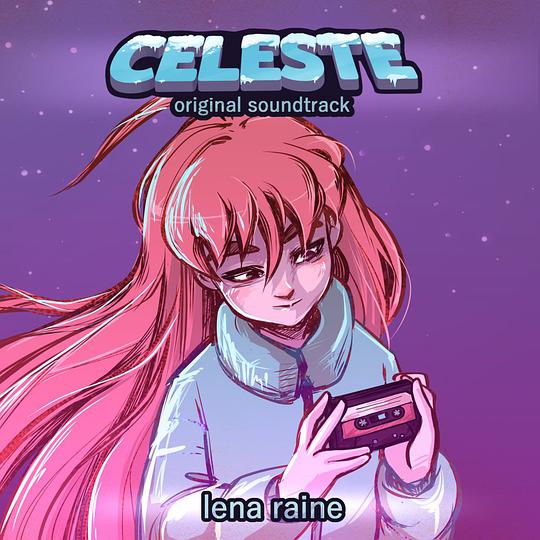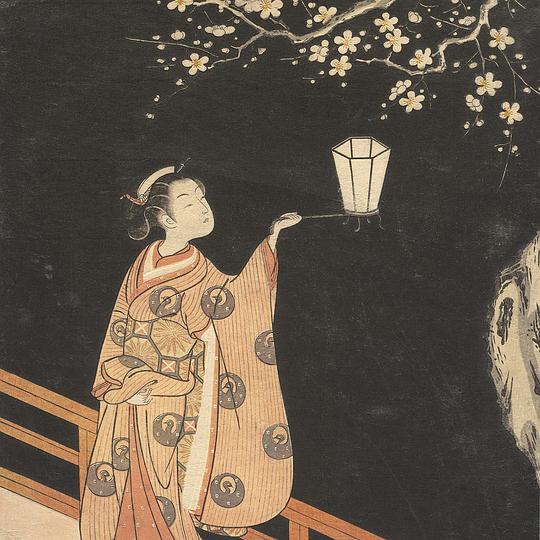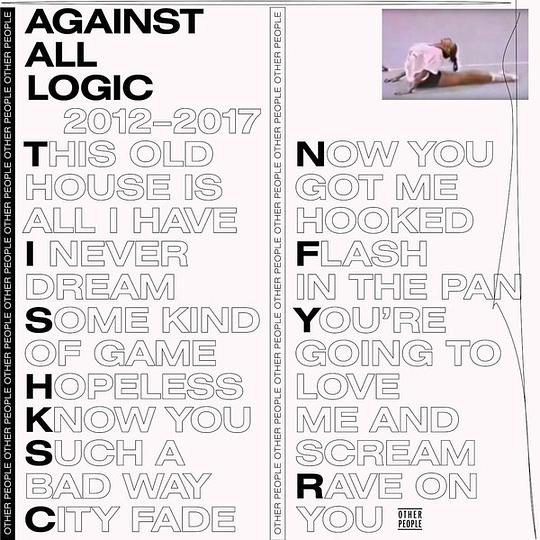Nicolas Jaar has never been the type of artist to impose constraints on himself. Across the last decade, he’s made meticulous, collage-like compositions under his own name and through the longform psychedelia of Darkside. Sometimes he ends up with thrilling, dystopian techno-punk. Other times he ends up with a literal aluminum cube filled with music. Jaar’s work is exciting because its final destination rarely seems fixed.
Jaar snuck his latest album 2012 - 2017 out under his A.A.L (Against All Logic) moniker last week, and it is interesting in part because it is the first Jaar release in some time in which many sounds sit in familiar places and arrive at familiar times. Kicks, snares, and hi-hats assemble in predictable motifs. Samples—largely sourced from funk and soul—sing loudly, and plainly. Pianos gallop, because that is what pianos do at 128 beats per minute. There’s plenty to unpack here, as there is with all of Jaar’s work, but if you wanted to simplify things you could call 2012 - 2017 his house album, in that Jaar imposes upon himself the conventions and requirements of traditional house music.
This is something Jaar seemingly confesses with the title of the loping first track: “This Old House Is All I Have.” That opening sets the table for what is, by some margin, the sunniest and most ebullient song in Jaar’s discography: “I Never Dream.” These are thrilling, racing tracks, but they're also familiar, both functionally—every hi-hat in its right place—and emotionally, with the kind of crests and ecstasies you might find on 1990s labels like Nu Groove and Cajual. This familiarity is welcome, both allowing Jaar to more directly engage with styles he's referenced in the past, and to allow us, as listeners, to hear how his talents and idiosyncrasies shake out in this context.
Jaar’s work can be deeply rewarding but it can also feel stuffy; 2012 - 2017 is much looser and less formal, in part because it appears to be just a collection of tracks, and in part because no one would be expected to sit quietly in the presence of a kick drum and piano vamp. There are moments of downright silliness: The wildly chirpy vocal refrain on “Know You” practically tugs at your pant leg. To borrow from Yeezus—itself a masterclass of brazen sampling—as he does on “Such a Bad Way” is practically the equivalent of grinning after delivering a bad pun.
Samples have long been a foundation of Jaar’s sound. On 2012 - 2017, instead of molding them into obscure shapes, he’s scaffolding stages for them, happy to let long, coherent portions ring out. Stirring vocal refrains, rather than Jaar’s compositional talents, are the real stars of tracks like “Now U Got Me Hooked” and “Cityfade.” Jaar has excellent taste, and laying plain his choices in this manner reaffirms his ability to unearth potent source material.
This is hardly Jaar’s first stab at dance music; his precocious early work came out on club-oriented labels like Wolf + Lamb and Circus Company. (He even had a semi-official EP full of disco edits.) But Jaar has gotten weirder—and better—since then, and the material here is both bolder and more refined. He will occasionally break out some of his more outré tricks, like when he dresses “Flash in the Pan” in queasy synth ribbons, or when he tears open “You Are Going to Love Me and Scream” and exposes its gnarly digital innards. “Rave on U” is 10 minutes of Jaar foraging for a big, transcendent melody. But because the structures of these tracks never veer into abstraction, Jaar’s artful sound design never hits you from unexpected angles like on his previous records. On 2012 - 2017 Jaar’s compositional dynamic is reversed: He’s in service to the beats.


